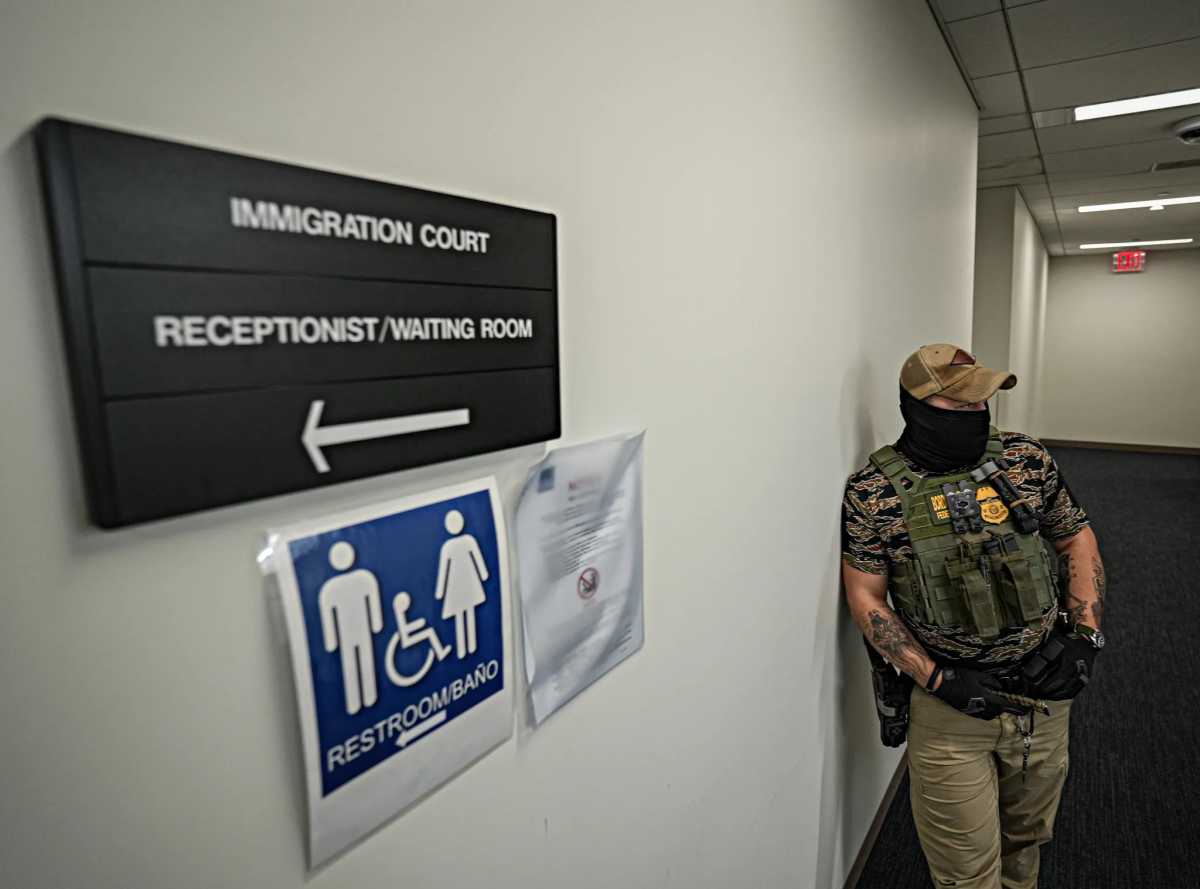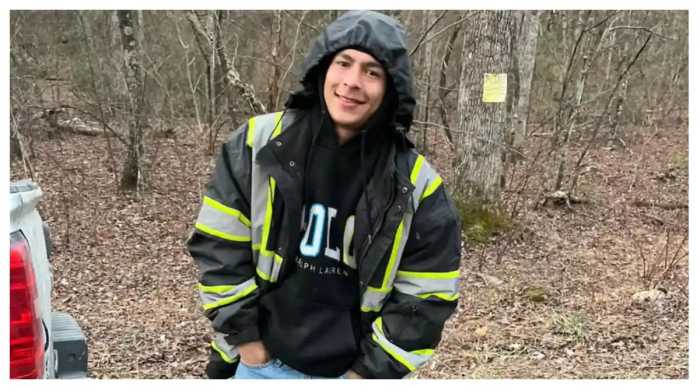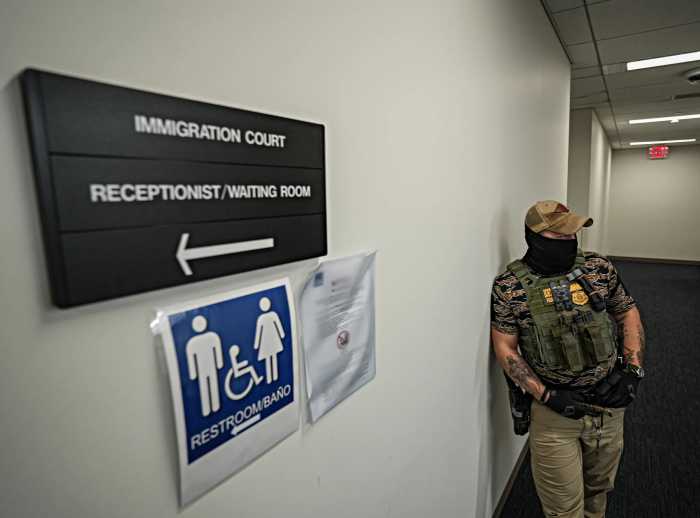By Julie Shapiro
Earlier this month, members of WBAI, New York’s iconic leftist radio station, got an unpleasant surprise in the mail. Nearly 3,000 of them received letters saying their credit card information may have been stolen, Robert Scott Adams, the station’s interim general manager, said.
The letter advised members to review their credit card statements and contact local authorities if they found evidence of fraud. Anyone who donated money via WBAI’s Web site from 2003 to 2007 received a letter, Adams said.
So far, there is no evidence that anyone lost money.
“We’ve had no one say to us that their credit card information was used,” Adams said.
In addition to sending out letters, WBAI shut down its online shopping cart, notified the police and set up a call center for concerned members. Adams is uncertain how the credit card numbers became compromised, but said there was “questionable activity” on WBAI’s Web site.
“Nobody knows exactly what went on,” said Steve Brown, a member of WBAI’s Local Station Board. “I think the issue has been corrected now.”
WBAI set up a PayPal account, which will be more secure, Adams said.
Paul DeRienzo, a former member of WBAI’s Local Station Board, and a former news host and show producer for the station, received a letter.
“It’s the bizarrest letter — not on letterhead paper, just on a white sheet of paper,” DeRienzo said. He paid the membership fee of $25 by credit card.
DeRienzo believes WBAI should have been more candid about what happened.
“They keep it a secret,” he said. “It’s like the f—ing Bush White House.”
Many WBAI members used the message boards at listenerforums.net to vent their frustrations.
“I’ve already heard from a few friends I had nagged and cajoled into becoming members and who did it via the Web,” member “swl” posted on March 5. “They are NOT happy….BAI continues to shame and embarrass its proponents. It will be harder for me to get people to join now. It’s becoming a joke among my friends.”
Former Community Board 2 member Ann Arlen supports WBAI, but the last time she donated, she wrote a check.
“When it comes to tax time, it’s easier to keep track of [the donations],” Arlen said. She is happy she didn’t have to deal with the credit card issue.
John Penley, a station member who also does not donate by credit card, was angry that WBAI did not respond to the situation more thoroughly.
“Management is not being forthcoming about details, not letting people know what happened,” he said. “They’re just stonewalling everybody.”
Penley believes the credit card problem will affect WBAI’s fundraising.
“The station is not raising enough money,” Penley said. “People will be afraid to give.”
Adams has not seen a change in fundraising since the credit card numbers were compromised, and does not predict any change.
Brown agreed, and added that most of the station’s donations come from on-air fundraising drives, not from the Web site’s online shopping cart.
Still, fundraising is a problem for WBAI in that it is taking longer and longer to raise the same amount of funds, Brown said.
“It used to take 15 days to raise $1 million,” he said. “Now it takes 30 days or more, and we barely make enough to operate.”
WBAI, 99.5 FM, is part of The Pacifica Foundation, a national network of liberal, listener-supported radio stations. Pacifist Lew Hill founded Pacifica in 1949.
Gary Null, a national radio figure who had a show on WBAI for 27 years, until the station recently pulled his show, sees the credit card problem as part of a larger issue.
“There’s never been accountability at the station — ever,” Null said. “BAI has never had the transparency that the major media has.”
Another problem, voiced by Null and many others, is the vicious infighting between factions at the radio station.
“Working at BAI is like being an embedded reporter in Iraq,” Null said. “There’s always been conflict.”
Adams has observed this tension, but said it does not affect his job.
“I’m here to run the radio station,” he said. “I don’t get involved in all that — I don’t even know what the sides are.”
One of Adams’s main goals is to expand WBAI’s audience by modifying the programming.
“We want to serve the entire community,” he said. “Sometimes we end up serving a very small segment, but we’re looking to serve a larger group.”





























